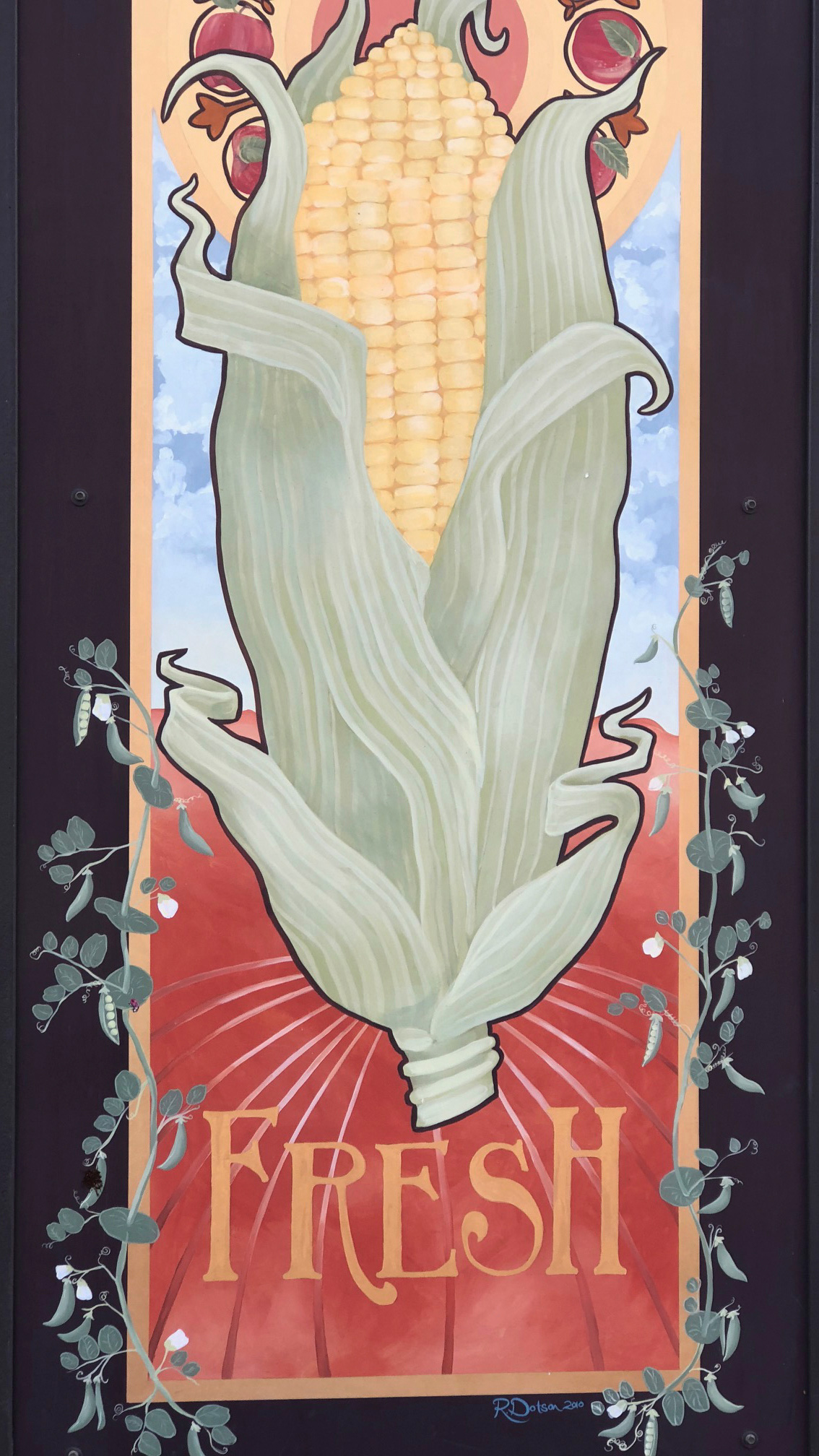Even in cooler weather, pay attention to your plants
By Morf Morford
Tacoma Daily Index
Your berries might be gone, fruit will be disappearing soon, and your garden might be turning into a bed of weeds, but fall is still an opportunity to get some produce from your garden.
If you have a garden of any size – even in pots on a porch or balcony, you can plant a whole new round of crops, but you better do it soon.
Basically, you plant two categories this time of year. The first is fast maturing, non-heading greens. The second is overwintering crops you intend to harvest next spring or summer. In both cases, plant sooner rather than later.
Thanks to our nearly benign maritime winter climate, some garden crops produce almost all through the year.
Here are some;
Lettuce
Spinach
Mustard Greens
Asian Coles, like mizuna
Arugula
Chard (baby greens)
Kale (baby greens)
Beets (for greens)
Radishes
Garlic – right around the end of September, it’s time to plant garlic. If you don’t get to it, anytime before Halloween is fine, but the longer the cloves have to get situated and send down roots in the fall, the bigger they’ll be the next spring.
Overwintering favas
Overwintering peas
Fall cover crops like clover, rye, small seeded fava or field peas should be sown now. Be sure to use a cover crop blend that includes at least one nitrogen fixer, like clover. Be sure to look for a blend intended for fall (not spring) sowing.
We learn from our gardens to deal with the most urgent question of the time: How much is enough? – Wendell Berry
Gardens need maintenance, and the end of summer is a crucial time to tie up one season and get ready for another.


Here are a few steps to get your garden ready for an even more productive season next summer:
Weed – get annual weeds out before they seed or spread
Be sure to water until fall rains return
Harvest to keep summer plants producing
Watch and treat any powdery mildew on leaves
Watch and treat woolly aphids or other insects
Finish all summer pruning
Start a new compost bin if needed
Mulch or cover crop to protect and improve soil
If you (or some other gardener) have excess produce, do a little bit of homework to see how to store, preserve or even pickle locally grown gems from the garden.
Here are just a few fruits, vegetables and berries that seem to overwhelm us for a week or two and then disappear – until next year.
Beans
Beets
Broccoli
Cabbage
Carrots
Chard
Corn
Cucumbers
Onions
Fennel
Potatoes
Peppers
Salad greens
Tomatoes
Turnips
Winter Squash if necessary
Zucchini
Blueberries
Blackberries
Raspberries
Apples
Grapes
Pears – Asian and European
Peaches
Plums
Figs
Even if you’ve never had a garden before, there is nothing like the taste – and bragging rights – of having your own fresh or preserved food, herbs or fruit featured prominently on your dinner table – especially in the middle of winter.
The garden suggests there might be a place where we can meet nature halfway.
– Michael Pollan
*********************
And if you like to garden and, like many of us, have far more produce than you could ever use and you don’t want it to go to waste, you could donate some of it to local food banks, Harvest Pierce County (http://piercecountygleaningproject.org/) or independent groups like the Food is Free Project (on Facebook). (1*)
(1*) Most of these groups have volunteers who will come and pick unwanted fruit from local fruit trees.








